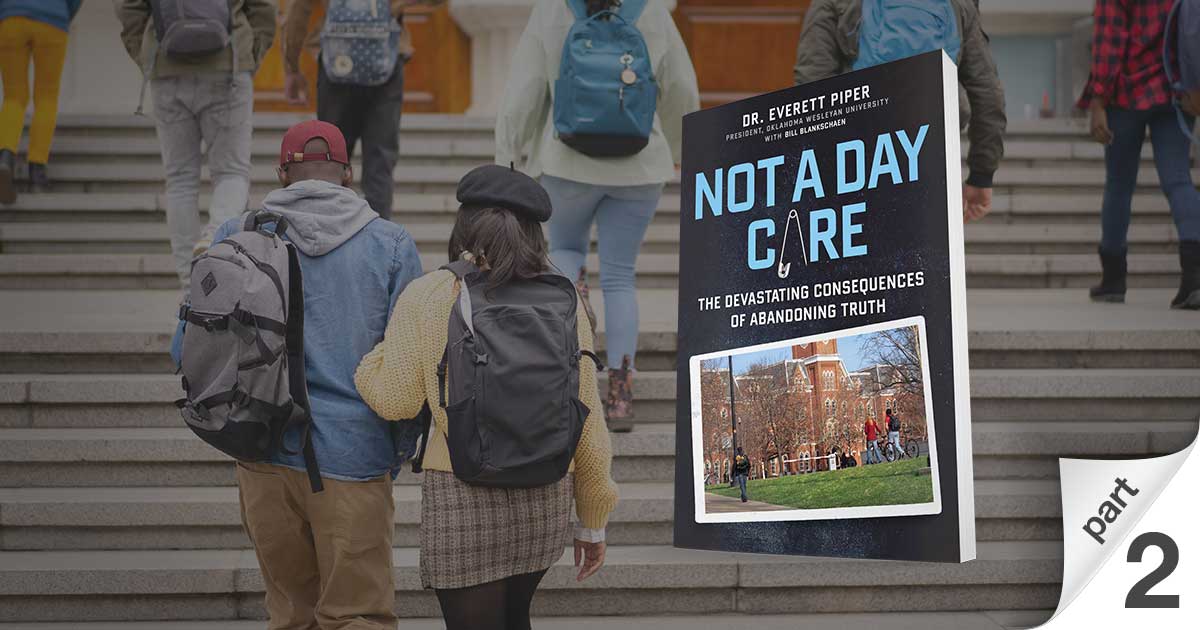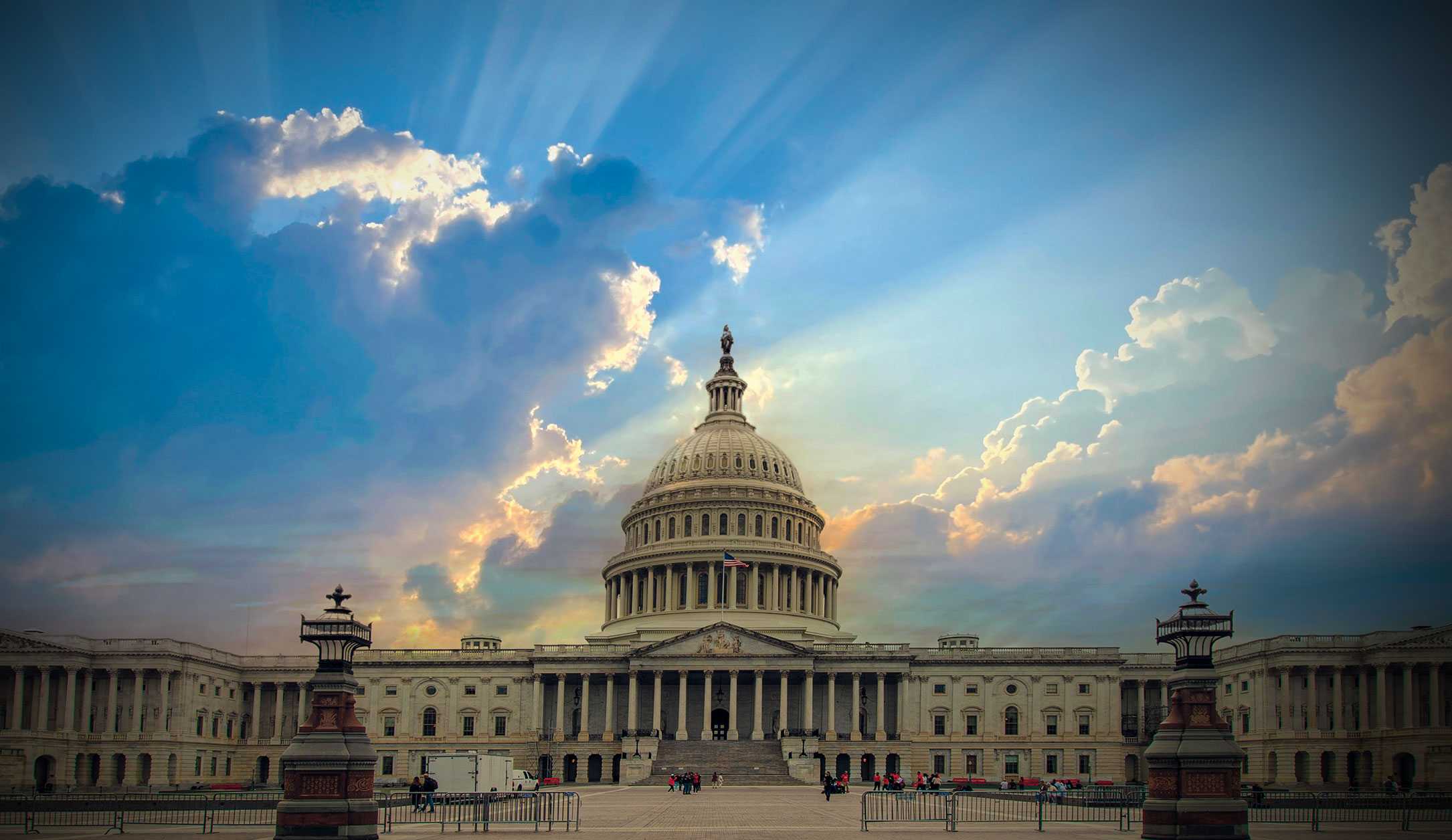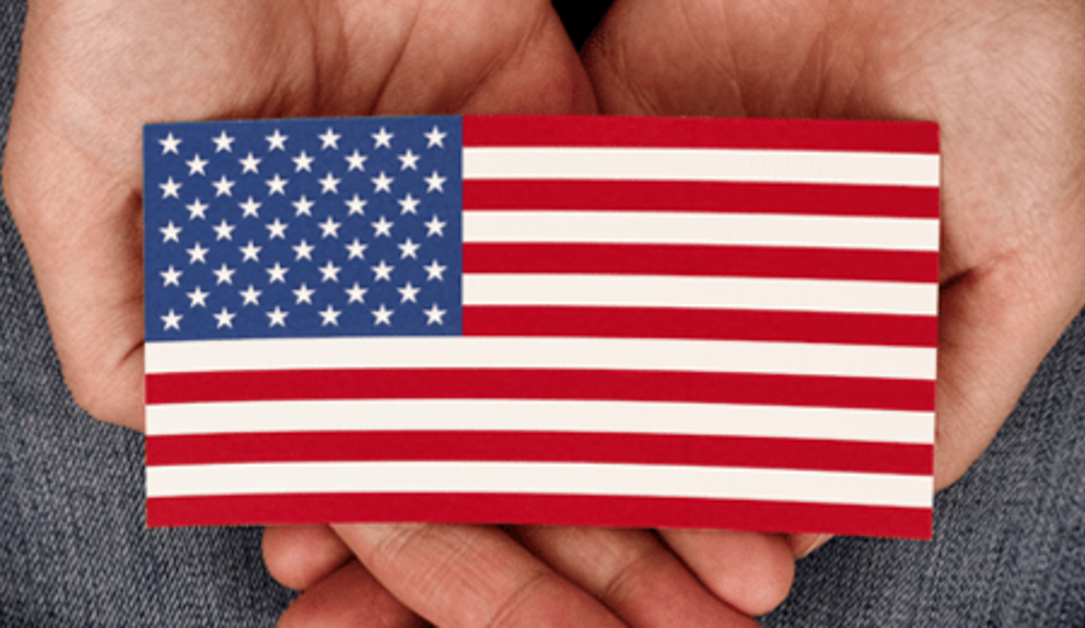The challenge: Living under imperfect law and leadership
The U.S. Constitution begins with: “We the people of the United States, in Order to form a more perfect Union.“ Our Founding Fathers acknowledged the imperfection inherent in all societies. Their goal was not the unrealistic one of forming a perfect, utopian union. Instead, they aspired to establish a more perfect one, and set up the Constitution with provisions for revision. They knew — perhaps even hoped — that future generations would amend the Constitution to continue making it more perfect.
The nature of our imperfect union evokes two responses — one challenging, the other a source of great pride and hope.
The former is the thought that our nation is undeniably imperfect. That means our armed forces, political leaders and citizens stand with their hands over their hearts and pledge their loyalty to something that is not only flawed but also vulnerable to corruption, even tyranny. The Founders knew that democracy and self-government were experiments, and an experiment can fail. You cannot call yourself a genuine patriot until you wrestle with this difficult truth.
Our nation was designed intentionally to leave room for improvement. John Ortberg wrote in his book “The Life You’ve Always Wanted” that “the possibility of transformation is the essence of hope.” And therein lies the glory of the American way: For better or worse, we live with the constant hope that comes with the freedom to transform and improve.
Though the thought of improving is pleasant to dwell on, it is more practical to return to the question of how we are, with clear conscience, to commit ourselves to an imperfect nation comprised of sinful human beings and often led by officials we didn’t vote for.
We often take for granted that in America it is comparatively easy to be good citizens. We have the freedom to follow our conscience and seek the betterment of society while still operating under the law. In many countries, following your conscience, even when seeking the good of the state, requires a form of citizenship that necessitates operating outside of the law, be it through nonviolent protest or violent resistance.
Because peaceful protests and freedom of speech are rights afforded to U.S. citizens, and because we have the privilege of participating in frequent elections that keep alive the hope of transformation, the perceived need to participate in violent resistance against the governing authorities has been largely absent in our country since the Civil War.
The hope: Sanctified citizens
In a sermon titled “Why are Christians Called to Be Good Citizens?,” Pastor Robert Sturdy of St. Andrew’s Church in Mount Pleasant, South Carolina, tackled the difficult and practical questions about what it means to be a good citizen in any society.
One example he used was that of Samuel Rutherford, a Scottish minister who published the 1644 book “Lex, Rex: The Law of the Prince,” which called for “the state” to leave “the church” alone. An angry King Charles II declared Rutherford’s work treasonous and had it burned in the public square. Knowing Rutherford himself was likely the next in line to be burned in the square, his friends begged him to flee the country. But Rutherford refused, believing it was his duty to stay in Scotland to seek the good of his state and king, even though both had turned against him.
As an individual courageously challenging the corruption he saw in the government, Rutherford was able to remain confidentially committed to his imperfect homeland for one reason: He believed in the ultimate sovereignty of God.
Another of Mr. Sturdy’s examples was that of Christian leaders calling upon governments to take up arms against Nazi Germany. One of them, Dietrich Bonhoeffer, wrote (from a Nazi prison) in his book, “Ethics”: “Through the armies of the allied nations, God was at work.” The men who fought bravely, fulfilling their civic duties as citizens of the Allies, also were participating in God’s plan to correct a government that had ceased to serve His purposes.
The most powerful example in history of a good citizen is Jesus Christ. Because he fully understood God’s will, he was able to discern perfectly when he should submit to human government and when he should challenge it. Jesus was known for challenging the religious authorities of his day. Yet, knowing full well he was on his way to the cross when he was brought before Pontius Pilate, Jesus looked at him and said, “You would have no power over me at all unless it were given to you from above.” (John 19:1) And as he willingly submitted to that imperfect government, he fulfilled the prophecy of God, and through his death, offered salvation to all mankind.
The key to not only good but wise and godly citizenship lies in the ability to discern God’s will. Romans 12:2 says, “Don’t copy the behavior and customs of this world, but let God transform you into a new person by changing the way you think. Then you will learn to know God’s will for you, which is good and pleasing and perfect.”
Our Founding Fathers understood that liberalization would be a process, so as they composed our Constitution, they made room for transformation. They made room for the hope that freedom would increase. In the same way, the Christian concept of sanctification — the ability to understand, desire and live by God’s will — is a process. And when we make room for God in our lives, He increases our freedom, transforming us over time into better citizens of both our earthly and heavenly homelands.
As Mr. Sturdy said: “There is something wrong with your Christianity if, in watching Jesus give his life away for the city of God, you don’t aspire to do it somehow. In some small way, give your life away for the people whom God has placed you with. There’s something wrong with your Christianity, the Gospel has not sunk deeply enough, if you are not aspiring to demonstrate the work of Jesus Christ in your body, in the city God has placed you in, in this state and in this nation.”
We encourage you to listen to Robert Sturdy’s 30-minute sermon. He elaborates more on how God uses good citizens in good nations to intervene in the world, provides wisdom about holy disobedience to evil government, and brings the concept of faithful citizenship to life with compelling examples.












